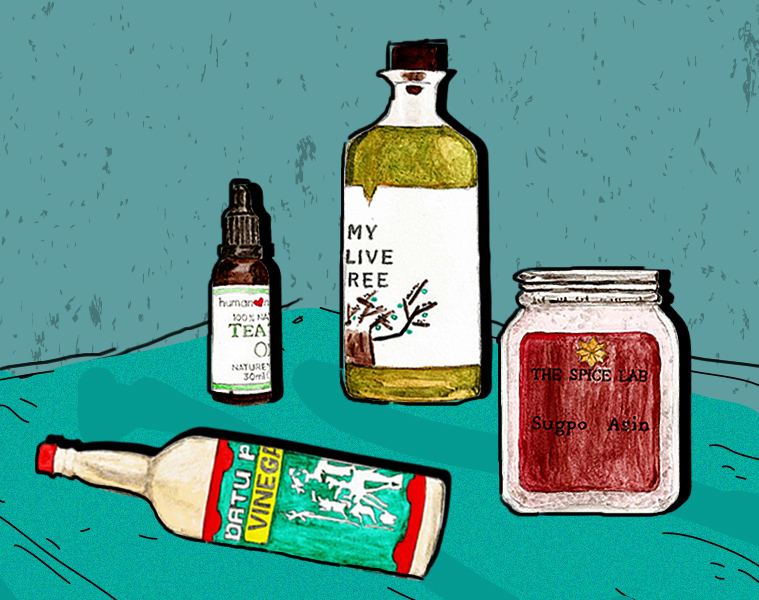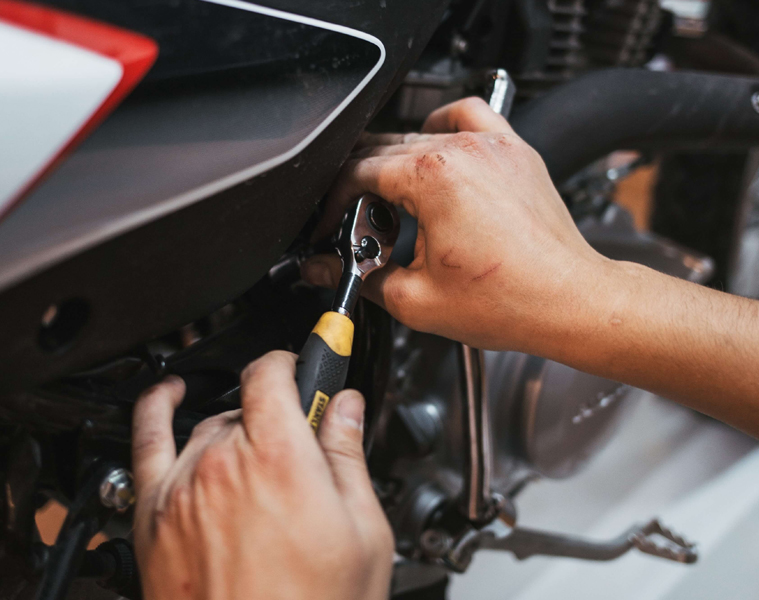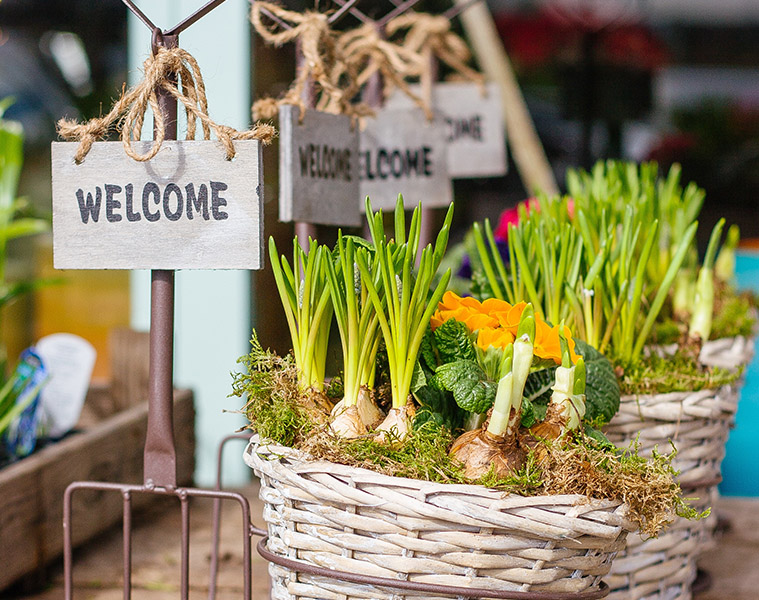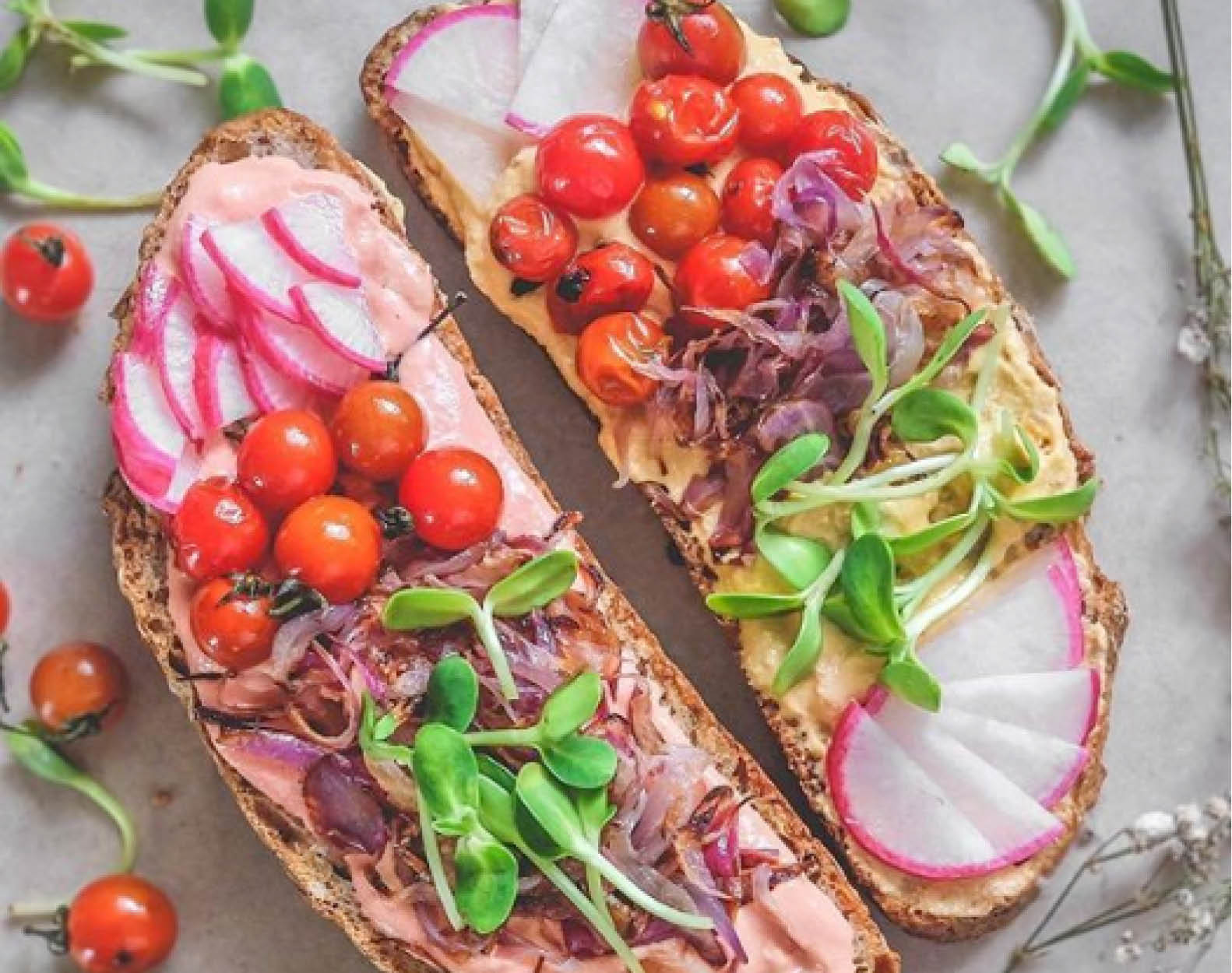Greener living: How to clean your house with eco-friendly stuff that’s straight out of your pantry and medicine cabinet

As lucrative as the cleaning industry is—the carpet and upholstery cleaning industry alone in the United States made US$3.1 billion in revenue in 2010, according to analyst Andrew Weber on the website www.FranchiseHelp.com—its effects on our health and the environment are equally costly.
Within the suds we flush down the sink after a day of general cleaning are tons of harmful chemicals: neurotoxins, endocrine disruptors such as APEs and styrene, carcinogens such as formaldehyde, and both endocrine disruptors and carcinogens such as organochlorines, phthalates, and Volatile Organic Compounds or VOCs. We get exposed to them through the inhalation of their fumes, direct skin contact, and, in dire situations, ingestion.
These toxins could also leach into our water supply systems, doing widespread harm just when they’re out of our sight and, let’s admit it, our minds. And with our sewage systems emptying themselves out to the sea, marine life gets exposed to them as well. The result? Their gene functions get altered and thus affects their development. When organism development gets harmed severely enough, local animal population could decrease—a serious threat to the global ecosystem and food security.
Being more conscientious about the stuff we use for cleaning is the way of the safer future—and the first step starts right in our own domiciles, with natural kitchen ingredients and some (organic) contents of our medicine cabinets. The simple pleasure we get from stain-free tiles and fresh-smelling rooms would feel all the better for it, with the knowledge that our practice of cleaning is a wholly clean one.
White vinegar
What can’t this weak form of acetic acid do? From flavoring dishes to cleaning every corner of the house (except for marble tiles and countertops) and even killing bugs and weeds, this all-around solution can be used on its own or mixed with other green cleaners for a spic-and-span domain, both on the macro and the micro level, as vinegar can effectively kill most bacteria and viruses that plague the home. Just don’t mix it with bleach, please.
Hydrogen peroxide
Used to clean open wounds, this inexpensive, non-toxic, and drugstore-available solution is as powerful as bleach, minus the harmful skin and environmental effects. Combined with water and lemon juice in a spray bottle, hydrogen peroxide could transform into an all-purpose cleaner. Wash your whites in the diluted solution and see your clothes get spotless, too.
Salt
 A mild abrasive, salt is a handy cleaner for cookware and even the inside of the oven, especially as it is non-toxic when ingested. Since it is also able to absorb moisture, this dinner table staple can remove most stains from fabric: wine, blood, perspiration, even grease. All varieties of salt can be used for safe domestic clean-up, though for scrubbing purposes, something that comes in larger, coarser chunks such as kosher salt or coarse salt would be more efficient to use.
A mild abrasive, salt is a handy cleaner for cookware and even the inside of the oven, especially as it is non-toxic when ingested. Since it is also able to absorb moisture, this dinner table staple can remove most stains from fabric: wine, blood, perspiration, even grease. All varieties of salt can be used for safe domestic clean-up, though for scrubbing purposes, something that comes in larger, coarser chunks such as kosher salt or coarse salt would be more efficient to use.
Citrus fruits
Not only are they good to snack on but fruits such as lemons and grapefruit also have acidic content that can break down dirt and grime. Mix their juice with water and hydrogen peroxide for some dirt- and stink-busting cleaner, and even remove rust by cutting the fruit in half, sprinkling its exposed flesh with salt, then scrubbing it against kitchen and toilet fixtures; make sure to “juice” the fruit as you scrub. Enjoy the clean sparkle of your brass and metal pieces after, as well as that refreshing citrus scent lingering in the air.
Olive oil
 Beyond being a must-add ingredient to your kitchen recipes, this healthy oil is a green utilitarian agent for household work. Moisten—not soak!—a soft cloth with olive oil and you can lubricate leather upholstery, and remove scratches and cracks from rattan and wicker furniture. Buff stainless steel fixtures with the same olive-oil-moistened cloth tool, and even polish wooden furniture with it as well, this time combining 2 cups of olive oil with 1 cup of lemon juice. Keep door hinges from squeaking and dust from building up on plant leaves with just a few drops. When combined with a teaspoon of coarse salt, these few drops become an effective scrub for dirty pans and pots.
Beyond being a must-add ingredient to your kitchen recipes, this healthy oil is a green utilitarian agent for household work. Moisten—not soak!—a soft cloth with olive oil and you can lubricate leather upholstery, and remove scratches and cracks from rattan and wicker furniture. Buff stainless steel fixtures with the same olive-oil-moistened cloth tool, and even polish wooden furniture with it as well, this time combining 2 cups of olive oil with 1 cup of lemon juice. Keep door hinges from squeaking and dust from building up on plant leaves with just a few drops. When combined with a teaspoon of coarse salt, these few drops become an effective scrub for dirty pans and pots.
Baking soda
Another all-arounder, baking soda cleans, deodorizes, scrubs, de-clogs, polishes—it can even put out fires, for goodness’ sake; most commercial fire extinguishers contain an amount of baking soda. A mild alkali, it can be used as a mild scouring powder to lift off grime from surfaces such as glass, chrome, steel, plastic, and enamel, making it a handy alternative to toothpaste. When used with water, it causes dirt and grease to dissolve more easily. Baking soda can also deodorize the inside of your cabinets, with its ability to bring both acidic and basic odor molecules into a neutral, odorless state.
Essential oils
 Not only are they fragrant, but essential oils of eucalyptus, lavender, lemon, tea tree, and thyme have antiseptic and antibacterial properties, thus creating a potent, green spell in your DIY cleaner with just a few drops.
Not only are they fragrant, but essential oils of eucalyptus, lavender, lemon, tea tree, and thyme have antiseptic and antibacterial properties, thus creating a potent, green spell in your DIY cleaner with just a few drops.
Illustrator: September Grace Mahino















